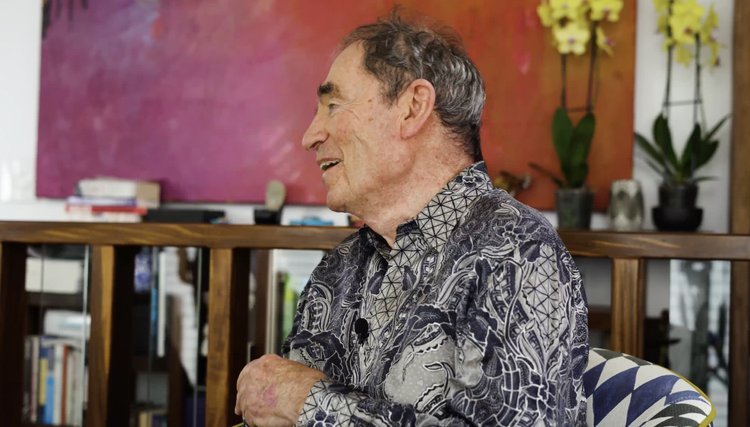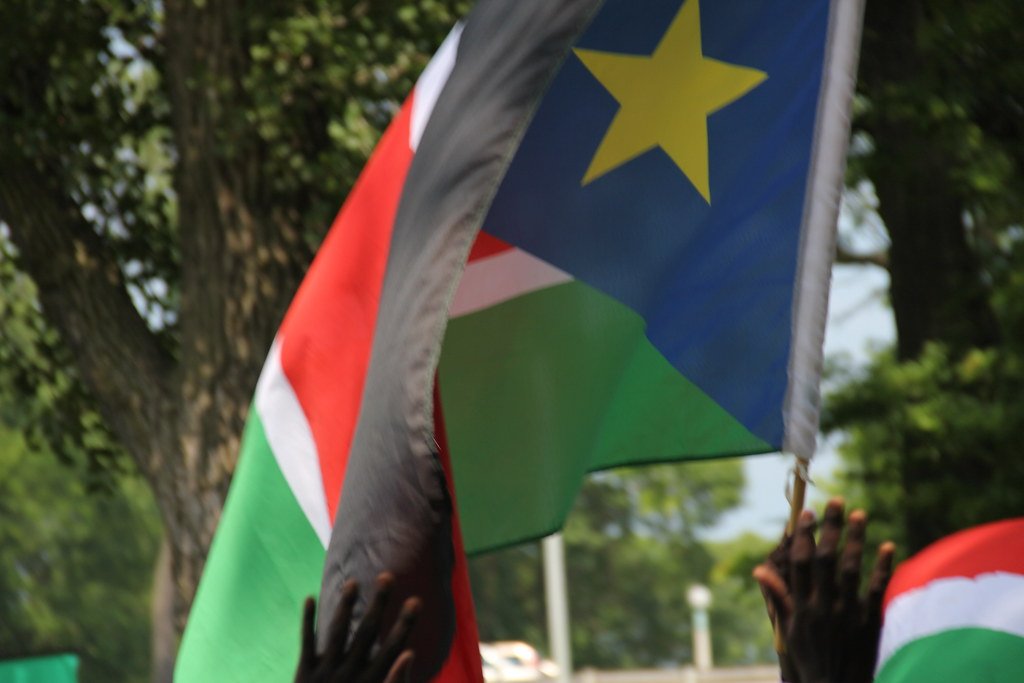
Our Blog
Categories
- Africa
- African Union
- Central Africa
- Citizenship laws
- Competion Law
- Constitutional Court
- Constitutional Law
- Disability rights
- East Africa
- Environmental Law
- Human Rights
- Immigration Laws
- International Law
- Kenya
- Mining Law
- Nigeria
- North Africa
- Political Rights
- Public Law
- Right to Vote
- SADC Region
- South Africa
- Southern Africa
- Uganda
- West Africa
Decolonizing the Narrative around Constitutions, Personal Laws, and Women’s Rights
Many constitutions in Africa contain what are known as “clawback clauses,” which exempt personal law from their guarantees of nondiscrimination. In this week’s post, the authors posit that a decolonization approach which surfaces the history of colonial involvement in constitution-making can also be helpful in legal cases involving the clawback provisions, and in broader policy advocacy and public awareness-raising about the need to reconsider and revise personal status law regimes.
Sudan at war: A litmus test for the African Union’s aspiration for “a peaceful and secure Africa”
In this article, Dr. Linda Mushoriwa focuses on the current conflict in Sudan. She examines whether given Aspiration 4 of Agenda 2063, the African Union’s quest for peace and security is feasible. She analysis Article 4 (h) of the Constitutive Act of the African Union, which empowers the AU to intervene in Sudan’s conflict. She also notes that the AU can within their mandate deploy peacekeeping forces to silence the guns in Sudan. In that way, it can achieve its desire to promote peace, security, and stability in Africa.
Competition Commission of South Africa v Mediclinic: A Trinity of Errors
In this article Adv. Quentin du Plessis analyzes how the South African Constitutional Court handled the Competition Commission of South Africa v Mediclinic case. The matter was an application for leave to appeal against the judgment and order of the Competition Appeal Court (CAC). In that regard, the Constitutional Court had to answer whether the CAC was in law, correct in interfering as it did with the findings of and remedy given by the Competition Tribunal to prohibit a merger in the private healthcare services sector.
Constitutional Conversations with Justice Sachs - Episode 2
Following his retirement from the Constitutional Court, Justice Sachs penned an award-winning book detailing his experiences on the Bench. In Episode 2 of our interview, he explains the inspiration behind this thought-provoking read and what he hopes readers will take from it.
Questions of Inclusivity in South Sudan’s 2024 Elections: Gender and Ethnic Dilemmas
In 2024, South Sudan will hold elections for the very first time since attaining independence in 2011. Dr. Joseph Geng Akech and Cedonia Victor Legge discuss the challenges of inclusivity in the upcoming elections, amidst various crises such as economic collapse, political instability, and a catastrophic humanitarian situation. The article emphasises the importance of ensuring ethnic and gender inclusivity for legitimate outcomes of the elections.
Uganda’s Anti-Homosexuality Bill and the Demise of the Rule of Law
Recently, the Parliament of Uganda passed the Anti-Homosexuality Bill (AHB) with the objective of establishing, amongst other things, “comprehensive and enhanced legislation to protect the traditional family by strengthening the nation’s capacity to deal with emerging internal and external threats to the traditional heterosexual family.” In this article, Dr. Sylvie Namwase argues that the continued cycle of human rights violations in Uganda falls within the broader context of authoritarian control, and will soon affect other minority groups.
Seeking Answers from the World Court: Why it was important for African States to Support Vanuatu’s Draft Resolution
Towards the end of February 2023, Vanuatu and 18 other States formally uploaded the final Draft Resolution requesting an advisory opinion on climate change from the International Court of Justice (ICJ). This draft resolution was officially adopted on the 29th of March. Dr. Tracey Kanhanga explains why it was important for African States to co-sponsor Vanuatu’s Draft Resolution and vote for its adoption as well as the potential impact that the advisory opinion will have in strengthening domestic climate change regulatory frameworks.
A SLAPP in the Face to the Abuse of Court Processes
A “SLAPP” suit is strategic litigation against public participation and has its origin in the United States of America and Canada. Courtney Jones discusses the application of the SLAPP defence in South African law following the Constitutional Court’s judgment in Mineral Sands Resources (Pty) Ltd v Reddell.
Will Asylum-seekers and Refugees in Rwanda be Mistreated?Lessons from Rwandan Law, Policy, and Practice Today
Last year the United Kingdom engaged in talks with Rwanda over the two nations’ migration and economic development partnership ( Rwanda asylum plan ). In this article, Dr. D’orsi gives an overview of Rwanda’s position concerning the UK’s plan to deport some asylum seekers to its country. In addition, he assesses Rwanda’s asylum system to determine how safe it is for asylum seekers.
The Termination of the Zimbabwean Exemption Permit: A Direct Violation of the Principle of Non-refoulment?
Last year, the South African Minister of Home Affairs, Dr. Aaron Motswaledi announced the termination of the Zimbabwean Special Permits (ZEPs) set to expire at the end of 2021. Thato Gaffane argues that this decision is a violation of the international principle of non-refoulment and also, fatally flawed in as far as it lacks consideration for section 33 of the Constitution of the Republic of South Africa.
Solving Environmental Harms through an African Model of Environmental Justice
Africa faces a variety of developmental woes that have resulted in various injustices, including environmental injustice. Stephen Morgan discusses the importance of recognising this injustice and makes a case for a reorientation of what we assume to be our moral responsibility towards the environment using indigenous African values and practices.
Using public participation to fix the “agency problem” in governments
The agency problem arises when people in positions of authority fail to act in the best interests of the people they represent. To address this issue, it is necessary to ensure that decisions are not solely made by those in power. Ben Nyabira argues that solutions to this problem lie in public participation.
Exploring the Intersection of State Sponsored Violence in Swaziland and the Possible Rise of the Islamic State
Over the past two years, the state of Swaziland has been plagued with various human rights violations, including state sponsored violence against the citizenry. In response, civilians have retaliated against members of the police force and the army. Against this background, Angelo Dube argues that the environment in Swaziland may be ripe for the Islamic State’s picking.
Rafoneke v Minister of Justice: What about Intersectionality?
In Rafoneke v Minister of Justice and Correctional Services (Rafoneke), the SA Constitutional Court had to consider whether section 24 (2)(b) read with section 115 of the Legal Practice Act 28 of 2014 (LPA) unfairly discriminated against foreign nationals on the basis of citizenship and social origin. Geoffrey Allsop and Ohene Yaw Ampofo-Anti argue that the court did not apply the principle of intersectionality correctly in its finding that these provisions are constitutional.
A children's rights approach to the climate crisis in Africa
Climate change has created a children’s rights crisis which disproportionately affects children on the African continent. Bryony Fox discusses this issue and argues that it is time for a comprehensive children's rights approach to climate change impacts in Africa.
- BBI judgment
- Children's rights
- Climate Change
- Constitutional Law
- Constitutional reform
- Covid-19
- Democracy
- Election series
- Elections
- Environmental Justice
- Equality
- Human Rights
- International Law
- Judicial independence
- Kenya
- LGBTQ+ Rights
- Migration
- Namibia
- Nigeria
- Political Rights
- Public participation
- Refugee and migration series
- Refugees
- South Africa
- South African Constitution
- Voting Rights
- Women in Africa
- Women's Month
- Women's rights
- World Congress
Submissions
We welcome unsolicited submissions covering current legal developments in constitutional law, fundamental rights law, public law, international law and related fields.
















